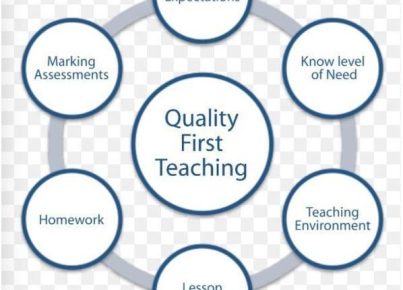In today’s highly competitive world, it’s common for parents and educators to push children to excel in every aspect of their lives. While aiming for success is natural, constantly telling kids their best efforts aren’t good enough can harm their self-esteem, hinder their development, and create lasting negative effects.
The pressure to succeed often starts at an early age as children begin participating in academics and extracurricular activities. Parents and teachers may feel the urge to push them harder to achieve better results. Instead, they must focus on the value of effort and hard work regardless of the outcome.
Here are several reasons why we should stop telling our children that their best isn’t good enough:
1. It Damages Self-Esteem
Telling children that their best efforts are inadequate can have a serious impact on their self-worth. When kids continuously hear they aren’t good enough, they may internalize these sentiments and believe they’re incapable of achieving success.
2. It Hinders Growth Mindset
A growth mindset emphasizes learning through effort and perseverance. Children with a growth mindset see challenges as opportunities to improve and grow. However, when they are always told their best isn’t sufficient, it can limit their willingness to take risks, leading them to develop a fixed mindset – the belief that abilities are unchangeable.
3. It Can Cause Anxiety and Stress
When children feel like they must constantly strive for perfection, it can lead to high levels of stress and anxiety. Chronic stress has been shown to negatively affect both physical and mental health, impacting a child’s overall well-being.
4. It Discourages Creativity
Focusing solely on results often dismisses a child’s creativity, innovation, or unique problem-solving skills. Creating an environment that values risk-taking allows children to explore new ideas without fear of failure.
5. It Creates Unhealthy Competition
When children feel pressured to be the best, it can lead to a competitive environment where their self-worth is determined by external factors. They begin to compare themselves with others, which can have negative effects on their mental health and hinder the development of social skills.
Instead of telling children that their best isn’t good enough, here’s what we can do:
1. Praise Effort Over Outcome
Focus on the effort your child puts into an activity, rather than the result. Praising their determination and hard work encourages them to persevere and instills a strong work ethic.
2. Foster a Growth Mindset
Encourage your child to view challenges as opportunities for growth and learning. Teach them that abilities can be developed through hard work and perseverance.
3. Offer Constructive Criticism
Critique should never degrade or shame a child. Offer specific, actionable feedback that helps them learn from their experiences and improve in the future.
4. Encourage Creativity and Risk-Taking
Empower your children to explore new ideas, solve problems creatively, and take risks without the fear of failure.
5. Be Mindful of Your Own Behavior
Parents and educators must set a positive example by addressing their own insecurities or competitiveness, ensuring they don’t inadvertently pass these traits onto their children.
In conclusion, fostering an environment that values effort over results provides countless benefits to children in both their academic and personal lives. By celebrating their best efforts rather than focusing solely on outcomes, parents and educators can contribute to building confident, resilient children who embrace challenges and pursue lifelong learning.





